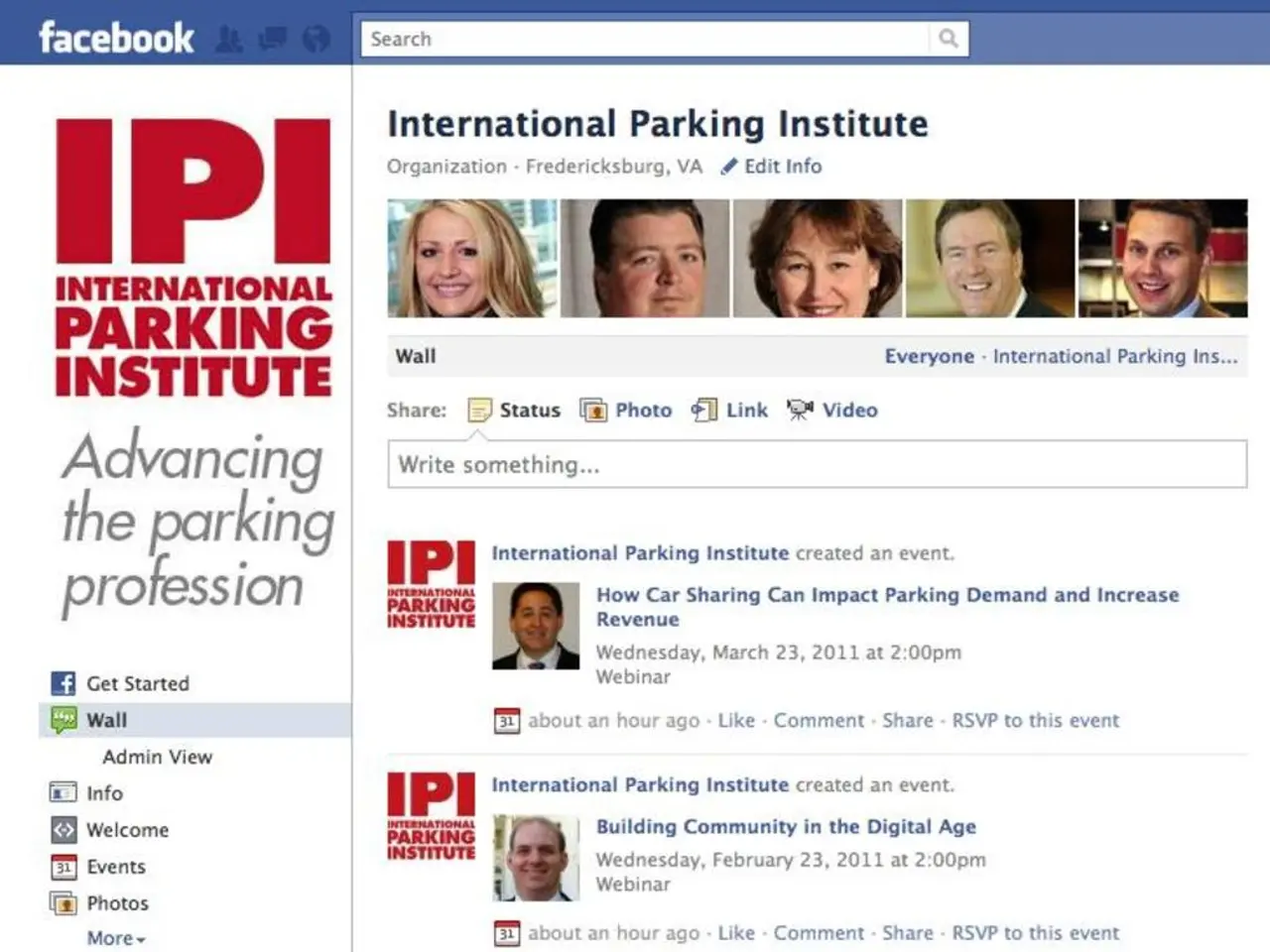Emerging Campus Issue: Problematic Internet Usage (PIU) – A Growing Concern
A new study has shed light on the complex relationship between Problematic Internet Use (PIU) among U.S. university students and its impact on mental health and family relationships.
The research, conducted among undergraduate and graduate students at UNC Chapel Hill who spend more than 25 hours a week on the Internet, has revealed that PIU is significantly associated with various mental health issues such as depression, anxiety, low self-esteem, and poor sleep quality. Neuroimaging studies have also found functional brain irregularities in young adults with PIU, especially in regions governing executive function and reward processing, potentially impacting cognitive control and safety.
The study also highlights the critical role of family environment in the development and severity of PIU. Dysfunctional or negative family dynamics directly and indirectly contribute to the shaping of maladaptive obsessive beliefs, which in turn affect how PIU develops over time in college students. Replacing face-to-face social interactions with virtual ones, a characteristic of PIU, may worsen mental health and reduce overall well-being.
Three key themes emerged in the conversations: family connectedness, family conflict/disconnection, and Internet overuse among other family members. Half of the participants were considered to be Internet addicts, answering "yes" to five or more of the eight questions. Negative consequences of Internet use included causing family relationships to disconnect or become conflicted, with participants ignoring their family during visits home. Some participants expressed frustration at the lack of boundaries or rules in place for younger siblings or other relatives who overuse the Internet.
The study followed rigorous approaches to ensure the best possible data, and data saturation was achieved. It focused on students whose Internet use was excessive and created problems in their lives. For instance, Hannah described a cousin who is addicted to video games and has impaired vision due to excessive gaming. Gina's parents are technophobes and don't know how to turn on computers, while another participant's little brother, who is just four years old, is always on his iPad and becomes defensive when attempts are made to set boundaries.
Cindy's family, who are from another country, may explain their low Internet use. However, college students with PIU reported that members of their families also overuse the Internet. Positive connections included using the Internet to maintain relationships with family, such as Skype, Facebook, or email.
The findings underscore that PIU among U.S. university students is interconnected with mental health challenges and negatively affected by family relationship quality. Interventions that address both psychological and familial factors are crucial to mitigate the consequences of PIU. As the study suggests, understanding the complex relationship between PIU, mental health, and family relationships can help develop more effective strategies to combat this growing issue.
References:
- Young, K. S. (2018). Internet addiction: definition, prevalence, comorbidity, and neurobiology. Dialogues in clinical neuroscience, 20(1), 23-30.
- Griffiths, M. D. (2017). Internet addiction: a new behavioural addiction. Journal of behavioral addictions, 6(1), 5-7.
- Kuss, D. J., & Lopez-Fernandez, O. (2016). Internet addiction: a review. Current psychiatry reports, 18(10), 105.
- Demir, A., & Rehman, S. (2017). Internet addiction: a review. Journal of behavioral addictions, 6(2), 185-192.
- Kim, J. W., & Lee, J. Y. (2015). Family environment and problematic internet use: a systematic review and meta-analysis. Journal of clinical psychology in medical settings, 22(4), 404-412.
The study reveals that Problematic Internet Use (PIU) among U.S. university students is closely related to mental health issues and is also influenced by family dynamics. Particularly, problematic family relationships contribute to the development and intensification of PIU, potentially impacting cognitive control and safety, as well as overall mental-health and family-health. Moreover, the research underscores that addressing both psychological and familial factors through interventions is essential to counteracting the negative consequences of PIU, as understanding the complex relationship between PIU, mental health, and family relationships can help in developing effective strategies to combat this growing issue.




